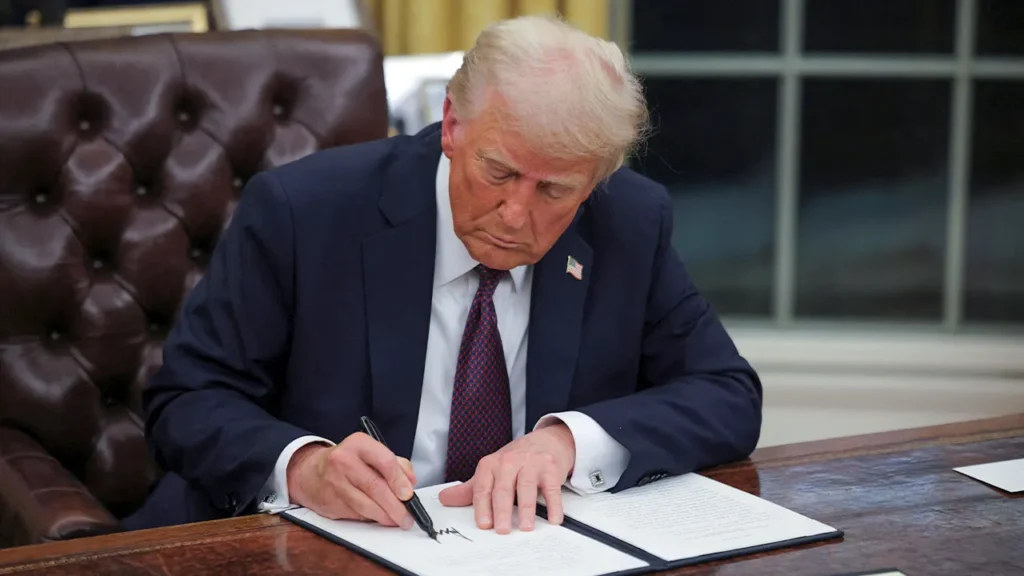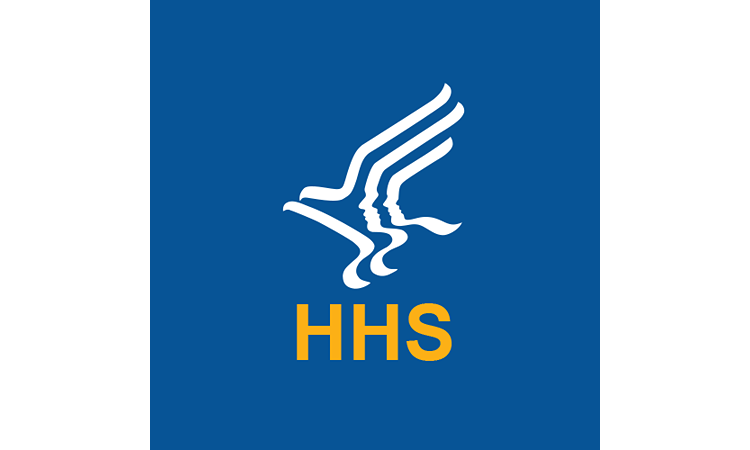President Trump signed a new “most favored nation” executive order (EO) on May 12, 2025 where the United States would pay the same price as the nation that pays the lowest price in a high-level economy (aka Europe).
I would call this the second wave of direct price control proposals that are generally more consequential for the pharmaceutical industry in a bid to lower drug prices, in contrast with the indirect policy proposals such as an Rx ad ban, tax deductibility and sector tariffs.
The CBO report Alternative Approaches to Reducing Prescription Drug Prices (10/24) lists this “most favored nation” proposal as having the most likely impact to lower the average price of Rx drugs by “Large reduction: more than 5 percent (potentially substantially more). The first Trump Administration attempted it as a CMS pilot project, but it was quickly challenged and blocked by the courts. The Biden Administration decided against attempting such a proposal and focused on implementation of price negotiations from the Inflation Reduction Act (IRA).
As current law on controlling Rx drug pricing is slim, its success will greatly depend on the details of how the proposal is implemented and what is the line of statutory authority referenced. Historically, this Administration has been rather sloppy in how it has implemented such policies, often skipping key procedural steps that make them more susceptible to legal challenges. However, what it did not have earlier was the price negotiation law from IRA that was passed during the Biden Administration which has withstood court challenges by pharma to date and may be referenced as a tangential authority granting this ‘most favored nations’ policy. Nonetheless, this all smacks of potential legal challenges from pharmaceutical companies.
In the broader context of the press conference of this announcement, President Trump focused on his reciprocal tariffs policy saying that the government would impose tariffs if the prices in the US did not match those in other countries and decried the role of middlemen in drug pricing. The executive order also directs the government to consider facilitating direct-to-consumer purchasing programs that would sell drugs at the prices other countries pay. Overall, the executive order and press conference were long on rhetoric and short of formal policy details. Stay tuned.
For questions or more information, please contact Jim Potter, CHC Executive Director, at [email protected].




